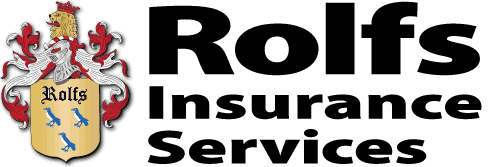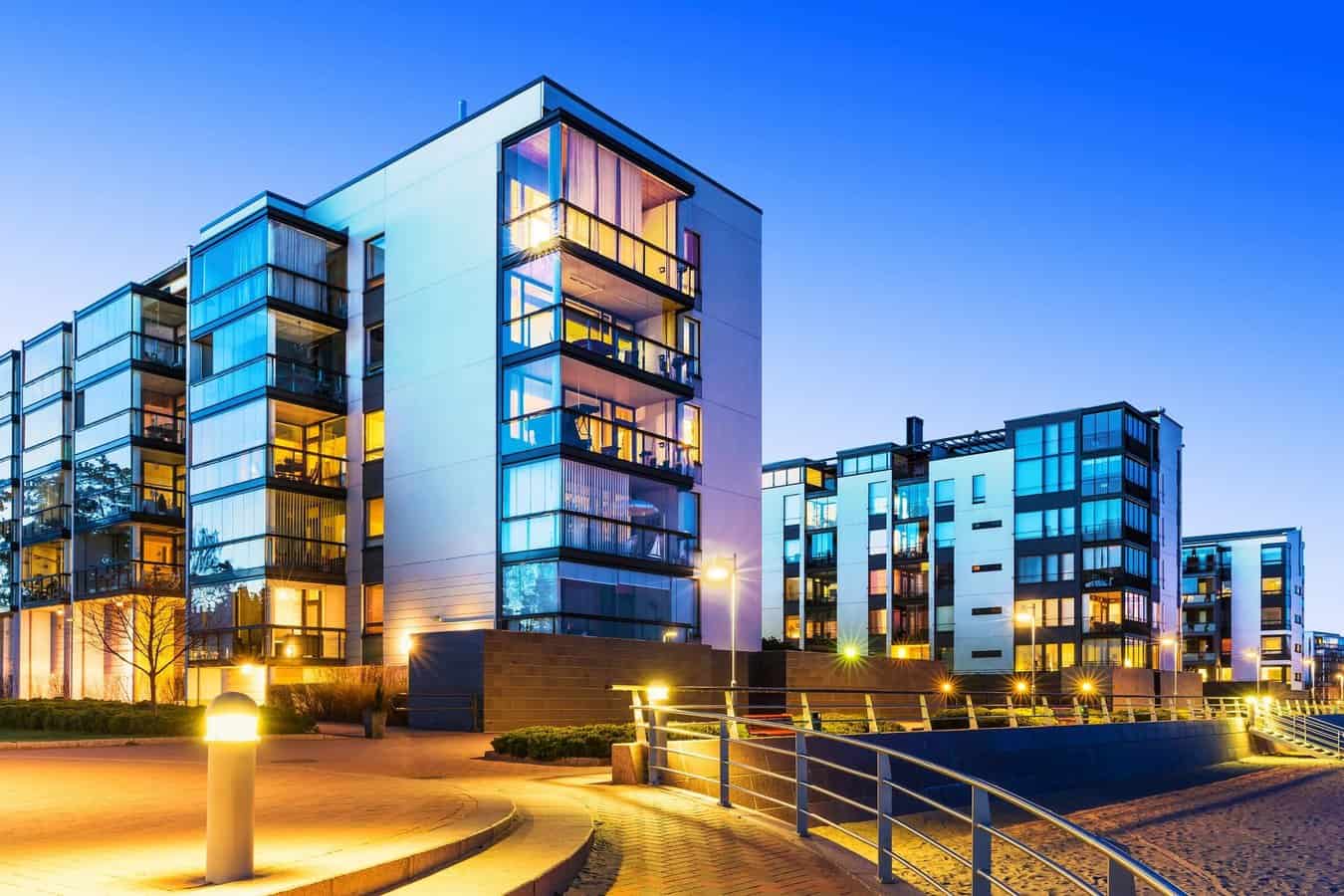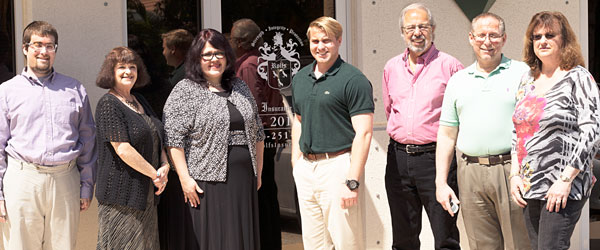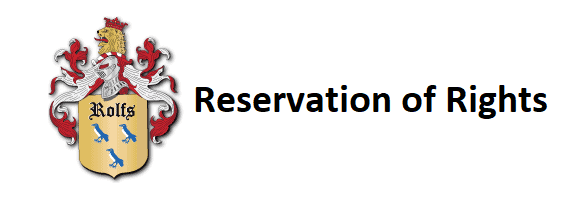Understanding Commercial Property Insurance
What is Commercial Property Insurance?
Commercial property insurance is designed to protect your business’s physical assets, including buildings, equipment, inventory, and furniture, from damage or loss due to covered events. These events typically include fire, theft, vandalism, and natural disasters like hurricanes and floods.
Why is Commercial Property Insurance Important?
Florida’s unique climate and geography present specific risks that make commercial property insurance particularly important:
- Hurricanes and Tropical Storms: Florida is prone to hurricanes and tropical storms, which can cause significant damage to commercial properties. Having the right insurance coverage ensures that your business can recover quickly from such events.
- Flooding: Many areas in Florida are susceptible to flooding, whether from heavy rains, storm surges, or rising sea levels. Standard commercial property insurance policies often do not cover flood damage, so it’s essential to consider additional flood insurance.
- Wind Damage: High winds associated with hurricanes and storms can cause extensive damage to buildings and other structures. It is increasingly common for policies covering property in high wind zones to exclude the peril of wind, hail and hurricane. Be sure to read your insurance policy or contact your insurance agent to review and understand what is and is not covered.
Key Components
It’s important to understand the key components and coverage options available on a commercial property insurance policy:
- Building Coverage: This covers the physical structure of your business property, including walls, roofs, and floors. It also typically includes fixtures and fittings.
- Contents Coverage: This protects the contents of your business property, such as equipment, inventory, and furniture, from damage or loss.
- Business Interruption Insurance: This coverage helps compensate for lost income and operating expenses if your business is forced to close temporarily due to a covered event. This is particularly important, where natural disasters can disrupt business operations.
- Flood Insurance: Given Florida’s high risk of flooding, it’s advisable to purchase separate flood insurance to cover potential flood-related damages not included in standard policies.
- Windstorm Insurance: In areas prone to hurricanes, windstorm insurance is essential to cover damages caused by high winds. Some policies may require a separate windstorm deductible.
Tips for Choosing the Right Coverage
Selecting the right coverage options involves careful consideration of your business’s specific needs and risks. Here are some tips to help you make an informed decision:
- Assess Your Risks: Evaluate the specific risks your business faces, such as location, building structure, and the nature of your operations. This will help you determine the necessary coverage types and limits.
- Compare Policies: Shop around and compare policies from different insurers. Look at the coverage options, exclusions, deductibles, and premiums to find the best fit for your business.
- Review Policy Exclusions: Pay close attention to policy exclusions and limitations. Ensure you understand what is and isn’t covered, and consider purchasing additional coverage if needed.
- Work with an Agent: An experienced insurance agent can help you navigate the complexities of commercial property insurance and tailor a policy to meet your specific needs.
Commercial property insurance is a vital component of any business’s risk management strategy. By understanding the key aspects of this insurance and carefully selecting the right policy, you can protect your business from the financial impact of unexpected events. If you have any questions or need assistance with your commercial property insurance needs, feel free to contact our agency.






